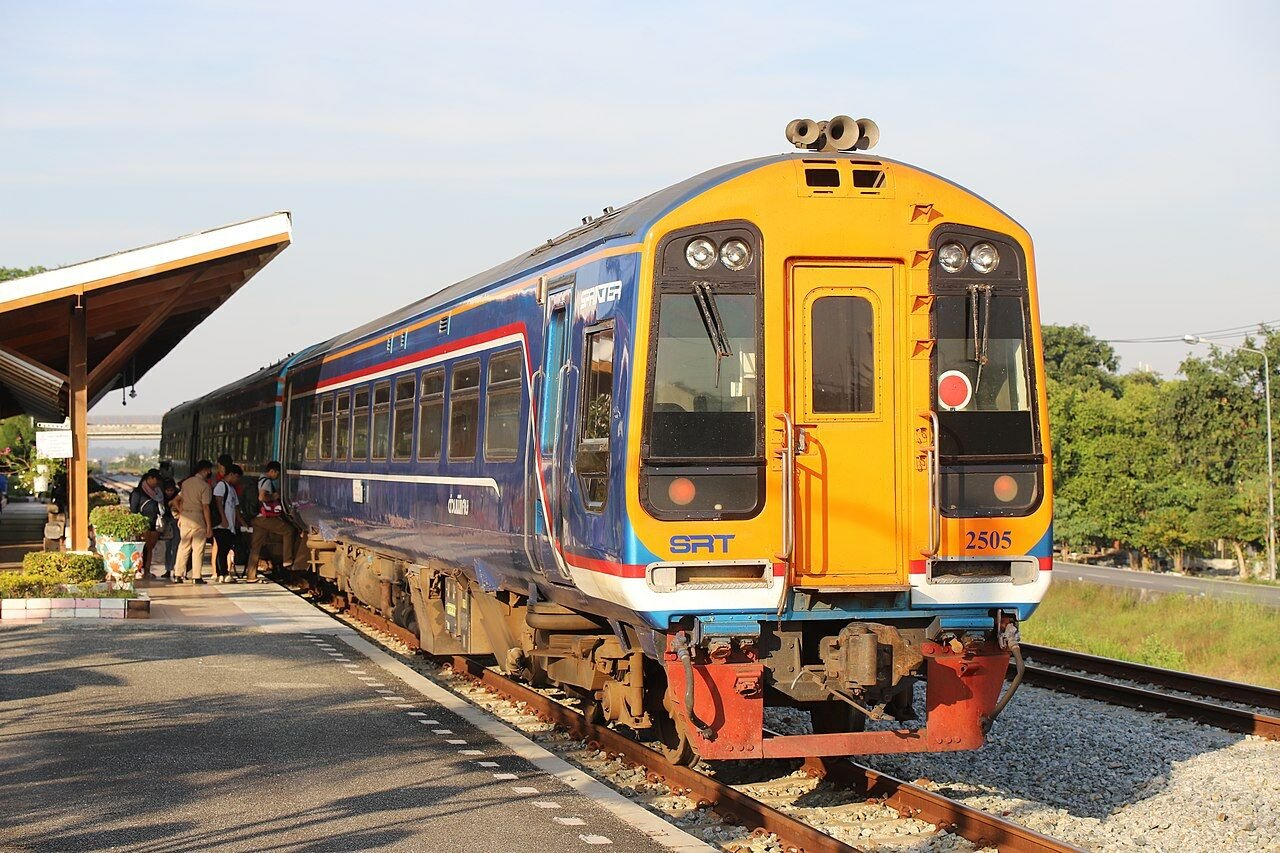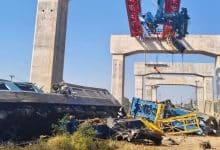Thai trial shows railway’s agricultural haul potential

A recent trial by Thailand Science Research and Innovation (TSRI) has demonstrated the vast potential of railway logistics for long-distance transportation of agricultural products. The experiment resulted in a 13-fold reduction of carbon emissions compared to air freight, as well as significant cost savings.
Running the trial with high-efficiency mobile refrigerated container trains, TSRI transported the Royal Project’s fresh produce from the north to the south of Thailand. The results were encouraging, both in terms of product quality and environmental impact, stated environmental researcher, Assistant Professor Charnnarong Puchongkawarin.
“Railway logistics had the lowest carbon emission rate compared to land and air freight.”
Assist. Prof. Charnnarong stated that trains emit 0.06 kilogrammes of carbon dioxide per tonne of products, while aeroplanes emit 0.7–0.8kg and road logistics emit 0.36kg.
“Switching to rail helps reduce greenhouse gas emissions. The reduced emissions mean you can generate income by selling your carbon credits.”
Moreover, the trial demonstrated that the products could withstand the three-day journey across the country, arriving fresh and undamaged. The cost of transportation was also significantly reduced, decreasing from 14 baht/kg by road to 4 baht/kg by train.
In other news, the Chinese government, through the Lancang-Mekong Cooperation Special Fund (LMCSF), has granted 25 million baht to Thailand’s National Science and Technology Development Agency (NSTDA) to support three research studies.
These projects, conducted by the National Centre for Genetic Engineering and Biotechnology (Biotec) and the National Metal and Materials Technology Centre (MTec), focus on edible mushrooms, cordyceps in the Mekong region, cassava disease control, and high-speed rail freight standards.
Ekarat Wainit, director of the modern rail system and transportation technology research at MTec, highlighted the importance of enhancing the technological capabilities of the Lancang-Mekong industrial sector. He believes that these improvements will foster economic sustainability and long-term cooperation for countries in the Lancang-Mekong region, reported Bangkok Post.
Since 1978, when Thailand and China signed a memorandum of understanding (MoU) on science and technology, the LMCSF Project has funded over 1,000 research projects, according to Ma Minggeng, an adviser on science and technology with the Chinese Embassy of Thailand.
Latest Thailand News
Follow The Thaiger on Google News:


























